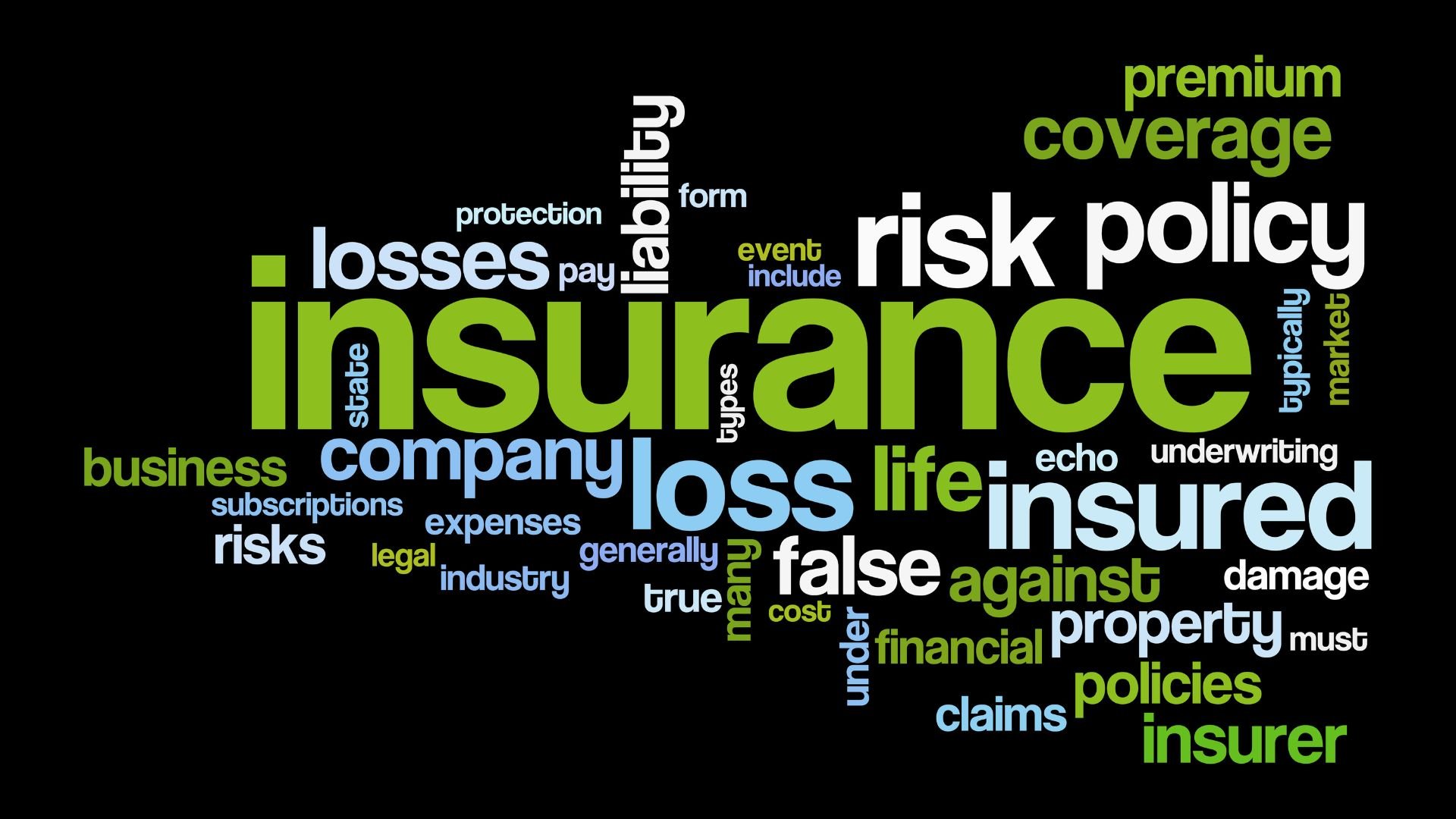1. General Liability Insurance: Your First Line of Defense
Imagine this: You’re a small business owner, running your dream venture. Everything is going smoothly until one day, a customer slips and falls in your store, sustaining injuries. Or perhaps a disgruntled client sues your business for a faulty product. These scenarios, while unfortunate, are not uncommon. This is where general liability insurance steps in, acting as your first line of defense against unexpected accidents and lawsuits.
General liability insurance, often referred to as GL insurance, is a cornerstone of business insurance. It provides coverage for bodily injury, property damage, and personal injury caused by your business operations. This includes but is not limited to:
Bodily injury: Injuries suffered by customers, employees, or third parties on your business premises or as a result of your business activities.
For example, if a customer trips over a loose floorboard in your shop and breaks their arm, general liability insurance would cover the medical expenses and any legal fees associated with the claim. Similarly, if a faulty product you sell causes property damage to a customer’s home, the insurance would help cover the cost of repairs or replacements.

Image Source: squarespace-cdn.com
Why is general liability insurance so important?
Peace of mind: Knowing that you have insurance coverage can provide you with peace of mind and allow you to focus on running your business.
How much coverage do you need?
The amount of general liability insurance you need will depend on several factors, including the size of your business, the nature of your operations, and your risk tolerance. It’s important to work with an insurance agent to determine the appropriate level of coverage for your specific needs.
Additional considerations
While general liability insurance is essential, it may not cover all potential risks. Some businesses may require additional types of insurance, such as:
Professional liability insurance: For professionals such as doctors, lawyers, and accountants.
By understanding the importance of general liability insurance and the various types of coverage available, you can ensure that your small business is adequately protected against unexpected risks. Remember, insurance is not just a legal requirement; it’s a smart investment that can help safeguard your business’s future.
2. Property Insurance: Protecting Your Physical Assets
Imagine your small business, a cozy coffee shop nestled in a charming corner of town. You’ve poured your heart and soul into creating a space that’s both inviting and functional. But what happens if a fire breaks out, or a burst pipe causes water damage? Without property insurance, these unforeseen events could devastate your business, potentially forcing you to close your doors for good.
Property insurance is a vital component of any comprehensive business insurance plan. It provides financial protection against physical damage to your business property, including the building itself, equipment, inventory, and any valuable assets. This coverage can help you recover from losses and get your business back up and running as quickly as possible.
Types of Property Insurance
There are several types of property insurance that can be tailored to meet the specific needs of your small business:
Commercial Property Insurance: This is the most common type of property insurance, providing coverage for your business building, equipment, and inventory.
What’s Covered by Property Insurance?
Property insurance typically covers losses caused by:
Fire
However, it’s important to review your policy carefully to understand the specific coverage limits and exclusions.
Why Property Insurance is Essential
Property insurance offers several benefits to small business owners:
Financial Protection: It helps you recover from losses and avoid significant financial hardship.
Tips for Choosing the Right Property Insurance
When selecting property insurance for your small business, consider the following factors:
Your Business Needs: Assess the value of your property and the potential risks your business faces.
By understanding the importance of property insurance and taking the time to choose the right coverage, you can protect your small business from unforeseen events and ensure its long-term success.
Business Insurance: Essential Coverage for Small Businesses